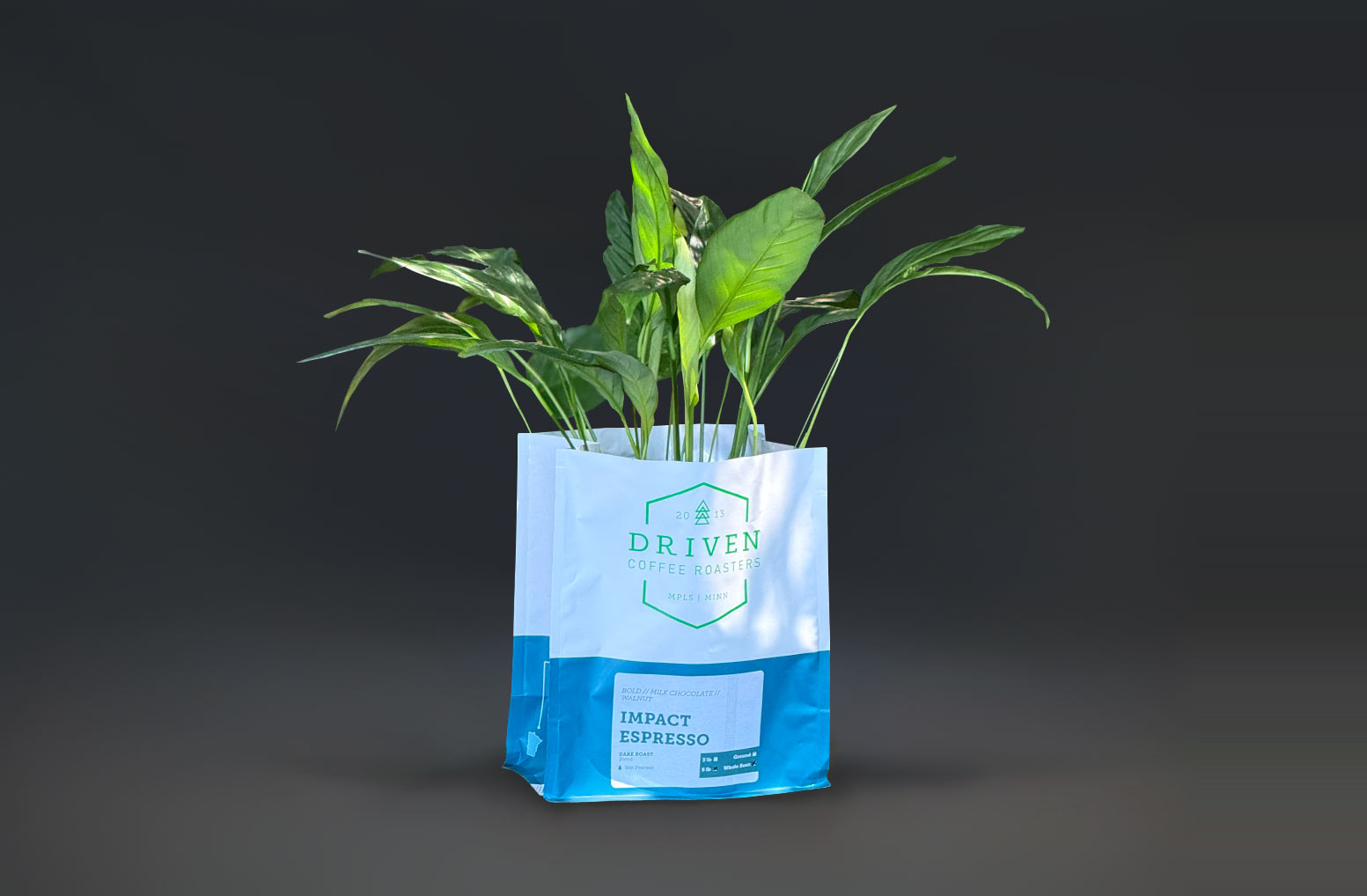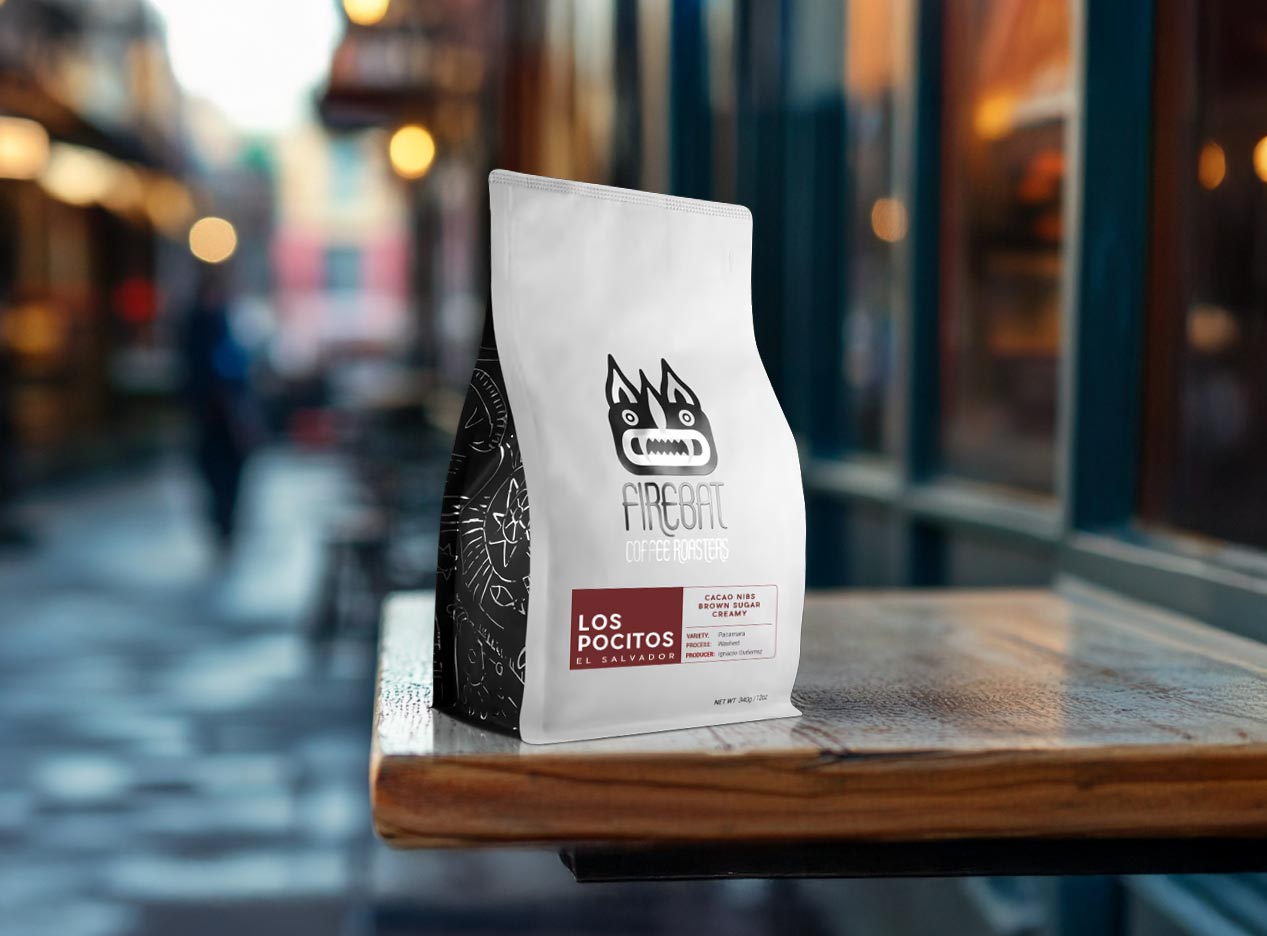Global Coffee Culture: The Youngest Ages Kids Start Sipping
Coffee is often seen as an adult’s go-to pick-me-up, but in many countries, kids are getting a taste of that bitter brew way earlier than you might guess. While the image of a child clutching a latte might seem odd in the U.S., in places like Brazil or Colombia, it’s not just normal—it’s tradition. This post breaks down the average youngest age kids start drinking coffee in different regions, explores whether any laws restrict this, busts myths around caffeine and growth, and digs into whether there are any upsides to young people sipping java.Kids and Coffee: A Global Snapshot
Let’s cut to the chase. Here’s a breakdown of how young kids are when they first start drinking coffee in various countries:- Brazil: Age 6 — It’s common for kids to drink small amounts with milk at breakfast.
- Mexico & Colombia: Around 8 — Cultural and family norms make coffee a part of everyday meals early on.
- United States: About 9 — Usually starts with flavored, sweetened coffee drinks.
- Canada & Germany: Closer to age 10 — Less frequent, but not unheard of.
- France, Sweden, South Korea: Around 10 to 11 — Often as a social or family tradition.
- Saudi Arabia & China: Age 12 — Coffee is less common for kids due to cultural or religious habits.
| Region | Average Youngest Age |
|---|---|
| United States | 9 |
| Canada | 10 |
| Mexico | 8 |
| Brazil | 6 |
| Colombia | 8 |
| United Kingdom | 11 |
| France | 10 |
| Italy | 8 |
| Sweden | 9 |
| Germany | 10 |
| Turkey | 7 |
| Ethiopia | 8 |
| Saudi Arabia | 12 |
| India | 10 |
| China | 12 |
| Japan | 11 |
| South Korea | 10 |
| Vietnam | 9 |
| Philippines | 10 |
| Indonesia | 9 |

Is It Ever Illegal for Kids to Drink Coffee?
Short answer: No countries explicitly criminalize children drinking coffee. But that doesn’t mean there are no limits. Legal vs. Cultural Restrictions:- Europe & North America: No age-based laws, but schools often restrict caffeinated drinks on campus.
- Saudi Arabia: While not illegal, cultural and religious norms discourage kids from drinking coffee.
- Japan & South Korea: No formal bans, but marketing caffeine to minors is frowned upon.
Caffeine and Growth: Is the Stunt Growth Myth True?
You've probably heard the warning: “Caffeine stunts your growth.” But science doesn’t back that up. Here’s what the research says:- No strong evidence that caffeine directly affects height.
- Caffeine can interfere with sleep, and poor sleep can impact growth hormones.
- High caffeine intake may cause anxiety or irritability in kids, but moderate intake isn’t considered harmful in most cases.
- Disrupted sleep cycles
- Increased heart rate
- Reduced calcium absorption (only with very high intake)

Any Benefits to Young People Drinking Coffee?
Believe it or not, there are a few. Potential (but cautious) perks:- Mental alertness: Small doses can help teens stay focused in school.
- Antioxidants: Coffee contains compounds that protect cells from damage.
- Cultural bonding: In many regions, sharing coffee is part of family life and tradition.
Final Sip: Coffee Culture Isn’t Just for Grown-Ups
Coffee isn't just a grown up habit. It's a deeply rooted part of daily life in many cultures, sometimes starting as early as age 6. While moderation is key and science doesn’t support giving coffee to kids for health benefits, the reality is that children around the world are already drinking it. Whether you’re sipping café con leche in Mexico or a light cappuccino in Italy, age doesn’t always define a coffee drinker. It’s tradition, taste, and timing.Why Us?
3x SCA Best New Product Award Winner
Industrial Compostable Packaging
Your Very Own White Label Mobile App
Pono Collective: Providing Coffee Education
Lower MOQs With Our Digital Print Process
Setting Trends While Elevating Your Brand






